- “I try to speak
- for the ones
- who don’t have a voice.”
4 Wrongly Convicted Poets on What Poetry Means to Them
Putting pen to paper has helped many derive strength through their wrongful convictions.
Special Feature 03.21.21 By Daniele Selby
As a kid, inspired by rappers like Dr. Dre, LL Cool J, and Doug E. Fresh, Termaine Hicks would write his own bars and lyrics for fun. But he says he really started writing while incarcerated. Writing plays and poetry helped him process what he was experiencing.
Creative writing has also been an outlet for other exonerees and Innocence Project clients, including Darrill Henry, Morton Johnson, and Innocence Project Board Member Yusef Salaam.
On World Poetry Day, they shared some of their poetry with us as well as what inspires them to write.
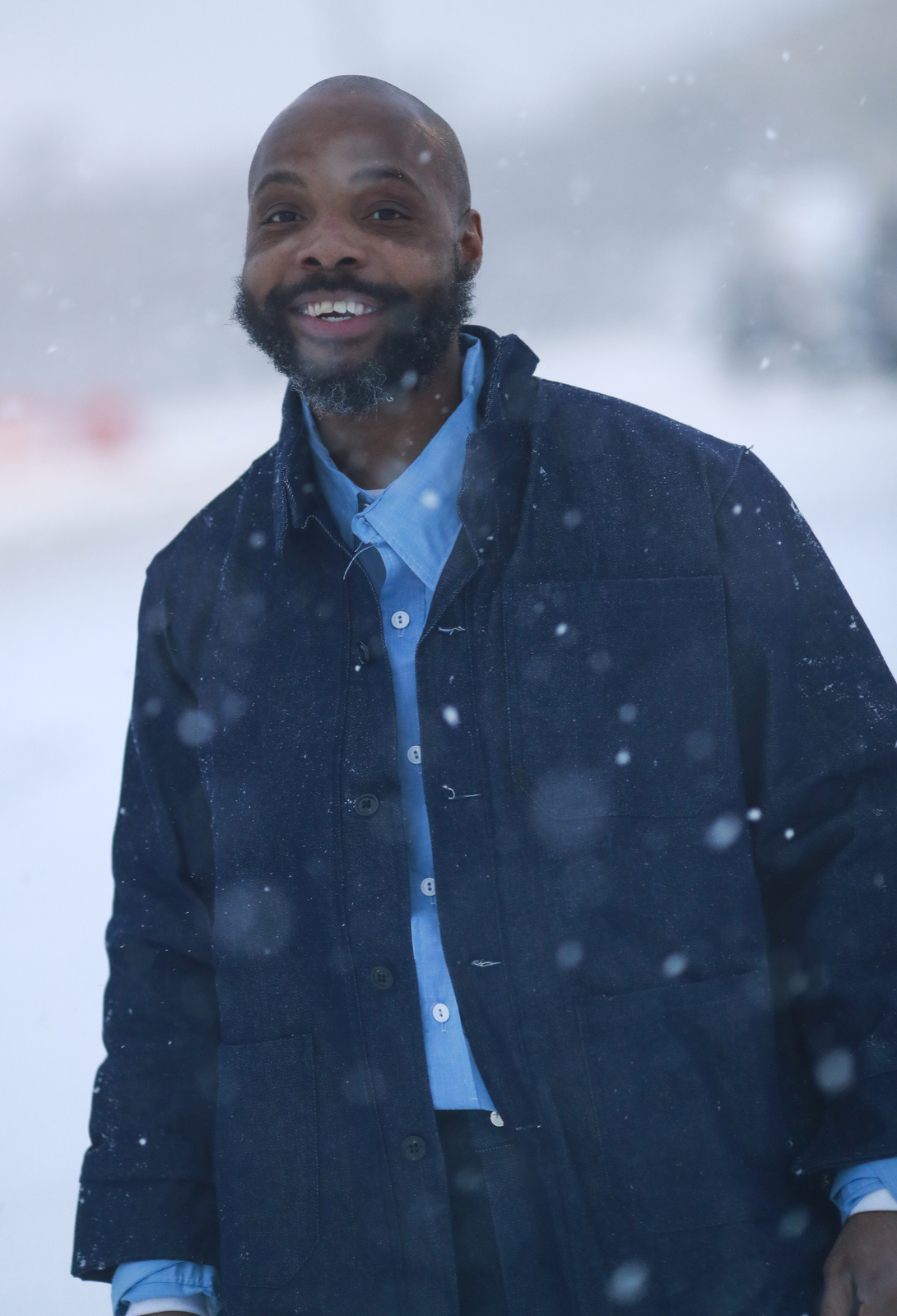
Termaine Hicks was released from SCI Phoenix Prison Tuesday, Dec.16, 2020 in Collegeville, Penn. after a wrongful incarceration for 19 years. His brother Tone Hicks and friend Tyron McClendon was there to greet him upon release. (Jason E. Miczek/AP Images for The Innocence Project)
Termaine Hicks
“After I was shot and falsely accused and was doing all this time, I was trying to find myself, and I guess you could say I went back to my first love — writing,” Mr. Hicks said. “I just let myself be taken away by what creativity brings, creating an alternate environment outside of the one that I was stuck in because it was brutal.”
In 2001, Mr. Hicks was helping a woman who had been raped and assaulted when police mistook him for her attacker and shot him in the back three times. After realizing their mistake, the officers conspired to cover it up. About 35% of wrongful convictions resulting in exonerations have involved police misconduct, according to the National Registry of Exonerations.
During his 19 years of wrongful conviction, Mr. Hicks became a prolific writer, penning 12 plays and countless poems. But in the five years leading up to his exoneration — Mr. Hicks was exonerated in December 2020 — he put his writing aside to focus on fighting for his freedom, which finally felt within reach.
But last October, after learning his exoneration hearing would be delayed by another 60 days, he returned to poetry to “digest” his emotions, he said. He wrote the poem “Just Another Day,” his first poem in five years and his most recent writing to date.
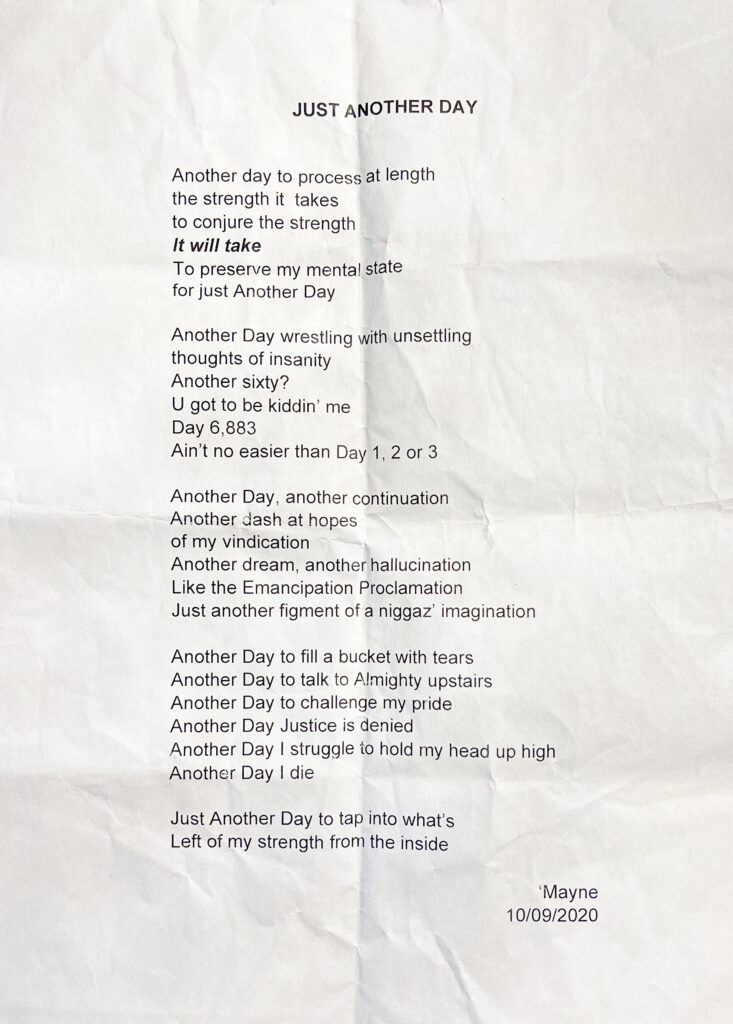
“Just Another Day” by Termaine Hicks.
He was exonerated and freed a little over two months later.
“Writing — through my whole entire time that I was incarcerated — helped me to escape the reality I was stuck in,” said Mr. Hicks.
His favorite poets include rapper Tupac, writer James Baldwin, “even though he’s considered more of an essayist,” Mr. Hicks noted, and Langston Hughes. “But the list goes on and on. I’m really just a lover of the arts.”


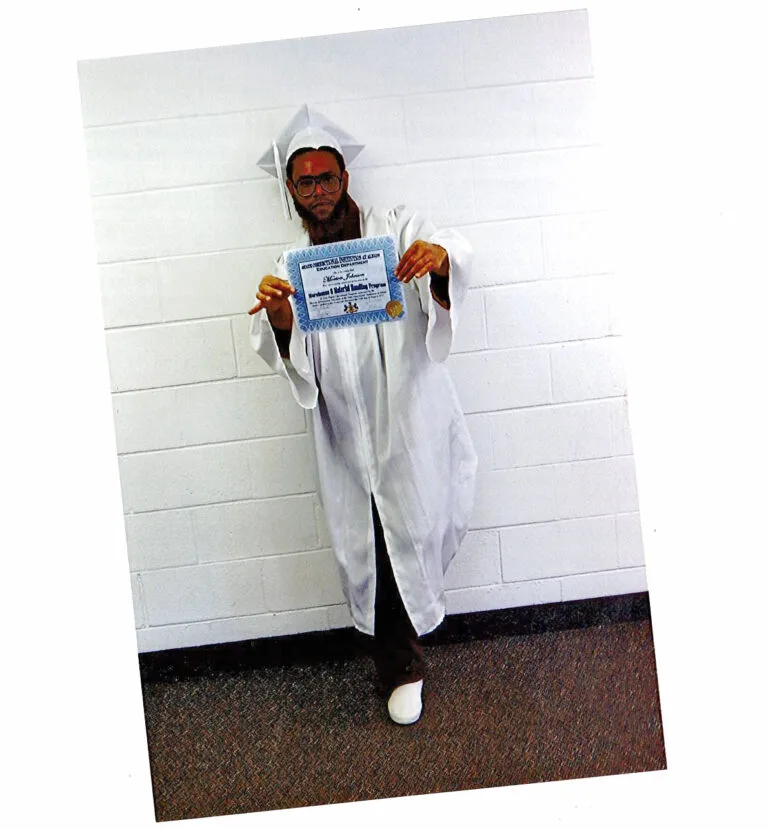
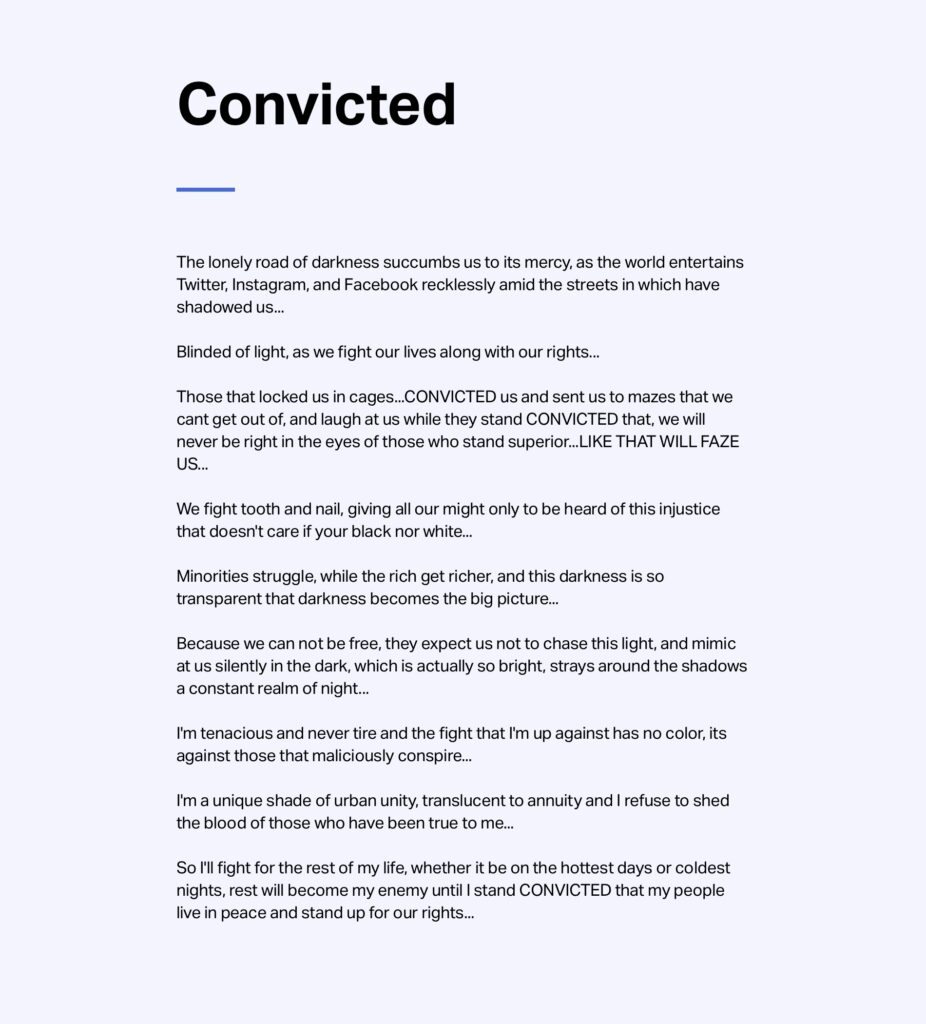
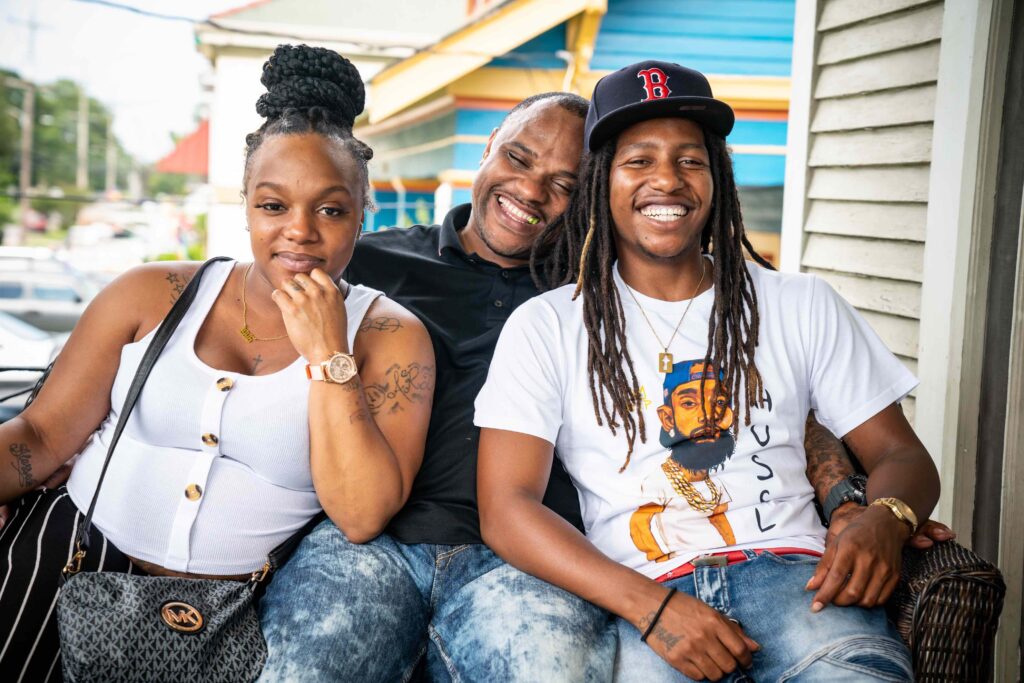
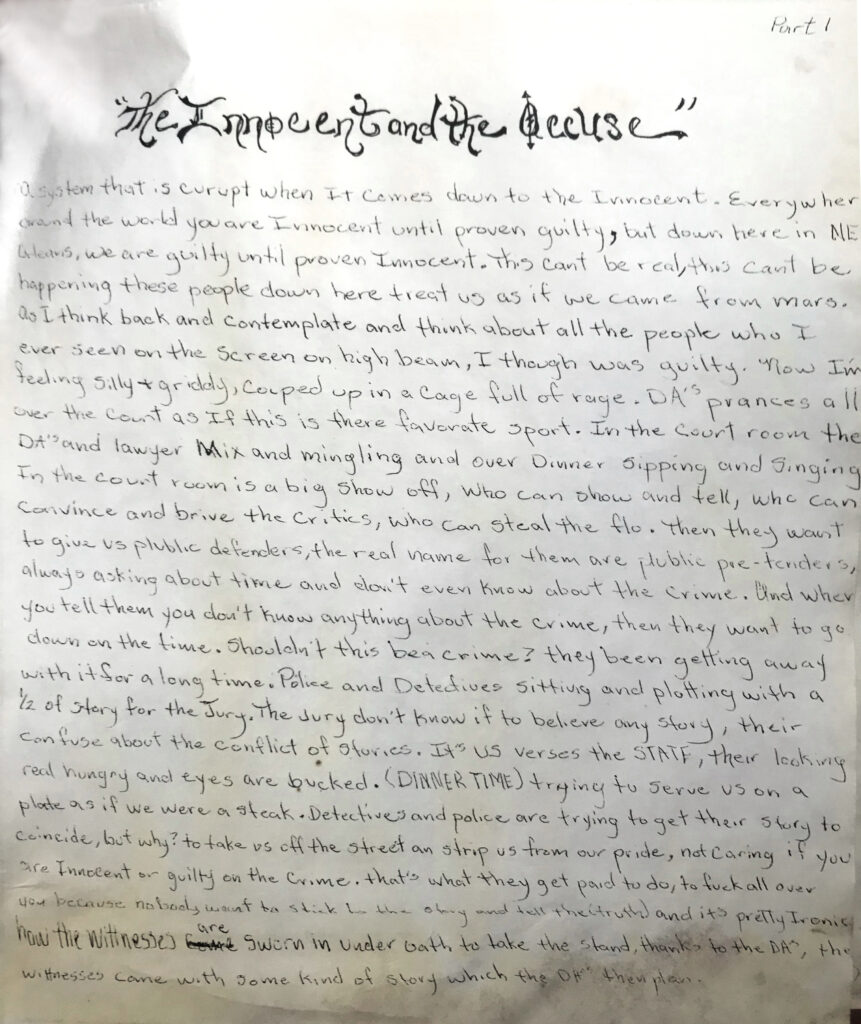
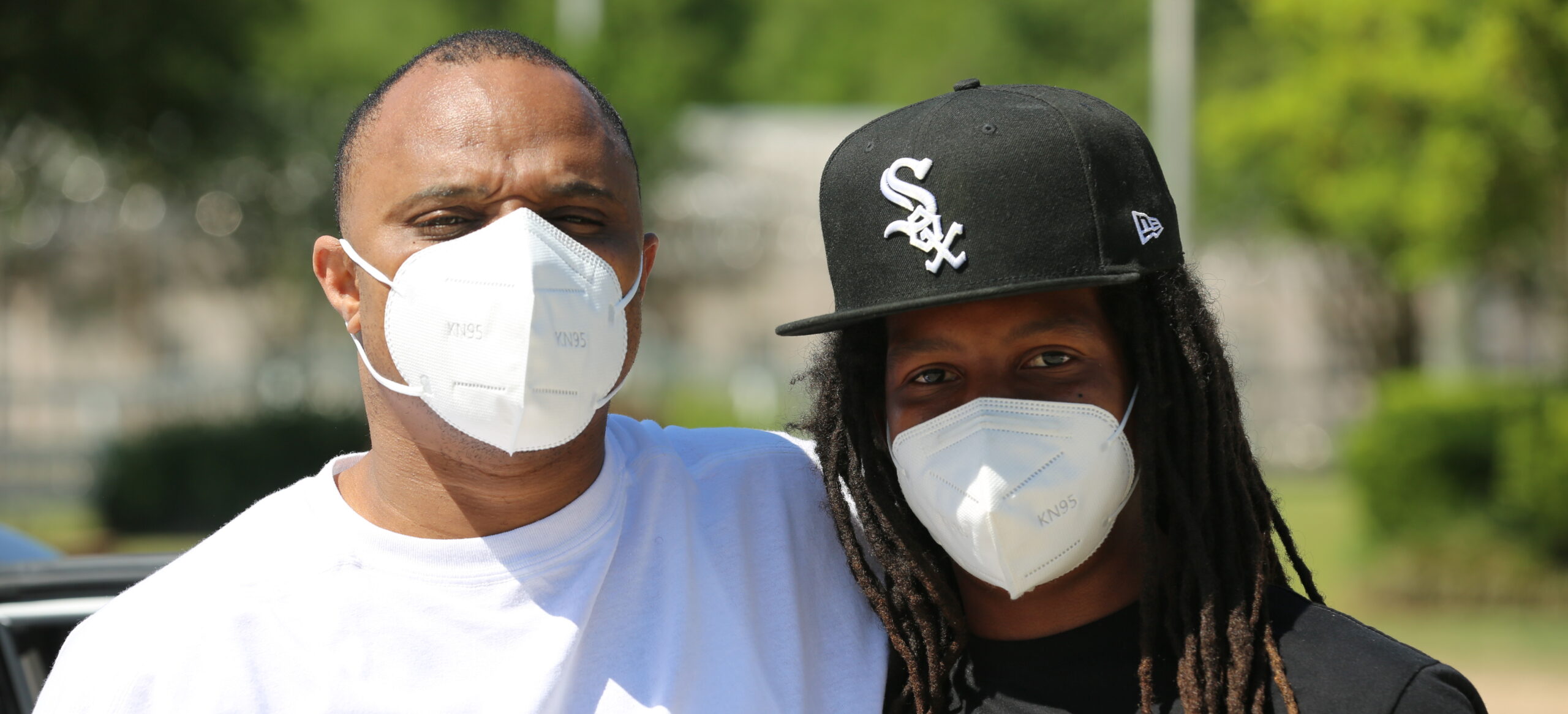
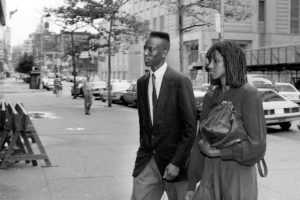
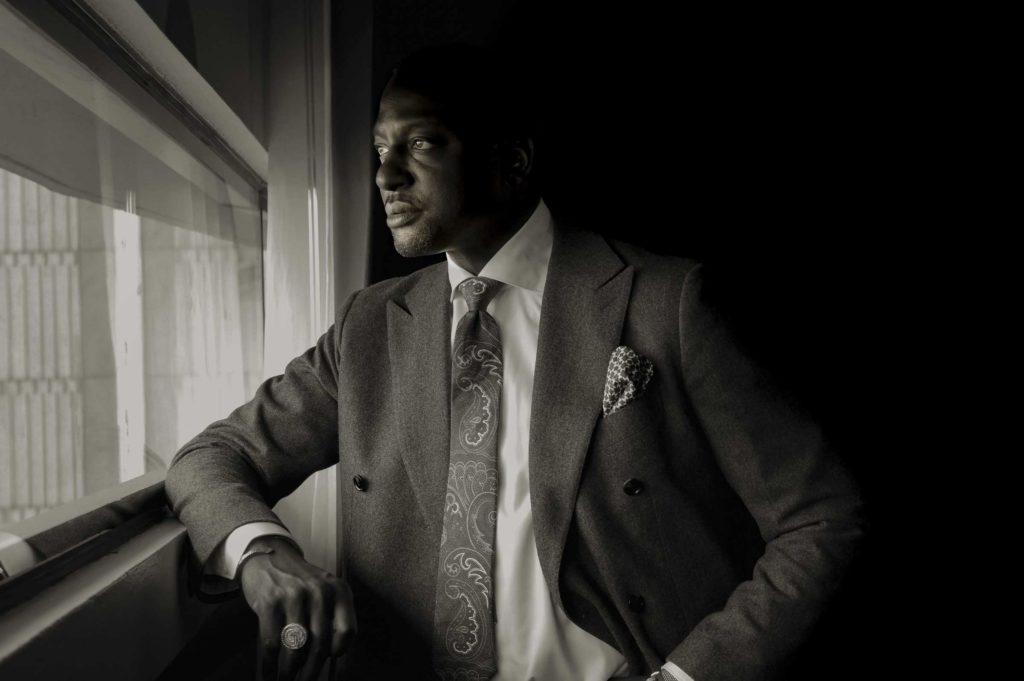
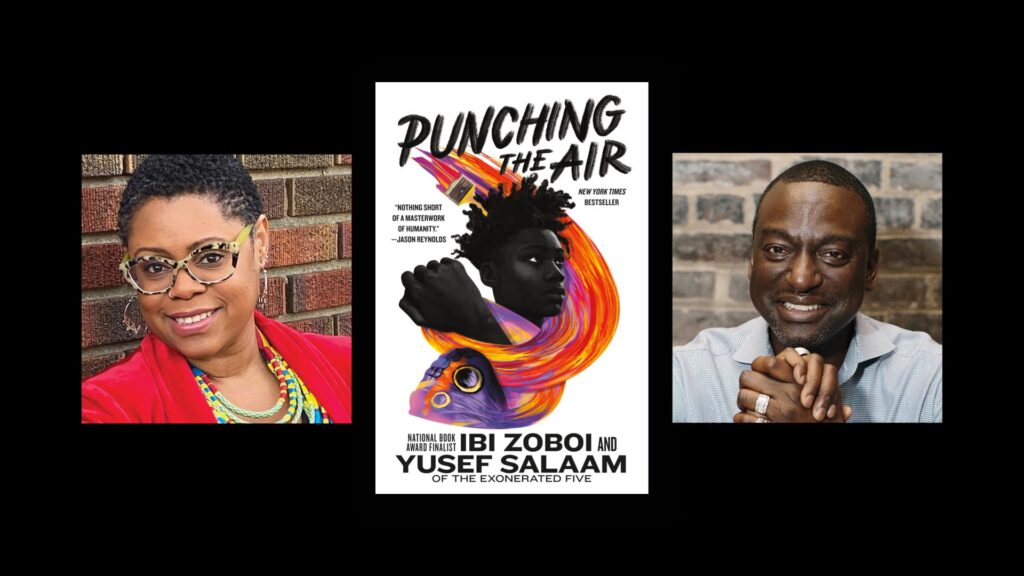
Leave a Reply
Thank you for visiting us. You can learn more about how we consider cases here. Please avoid sharing any personal information in the comments below and join us in making this a hate-speech free and safe space for everyone.